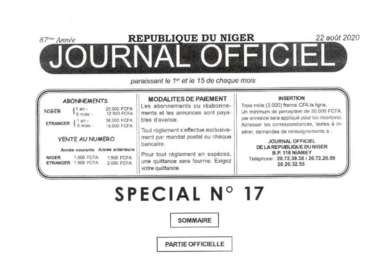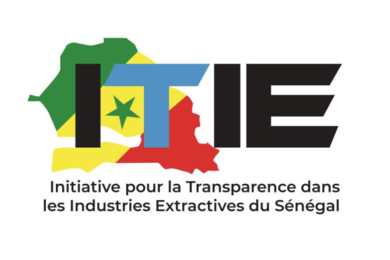News

New Malian Mining Act: what changes?
Mali adopted a new Mining Act in 2019 (Ordinance No. 22 of 2019), accompanied in 2020 by its regulations (Decree No. 177 of 2020) and its standard mining agreement (Decree No. 288 of 2020).
Several notable changes can be highlighted for large-scale mining permits. The first concerns the corporate income tax (CIT) rate, reduced to 25% instead of 30%, which is now limited to the first 3 years of production. This reduced rate already existed in the previous Mining Act but it extended over the first 15 years of production. Another important change concerns the ad valorem royalty, the rate of which is now to be set by the General Tax Code, which has not yet been done. It is likely that the old rate of 3% will therefore still apply for the time being. The annual surface royalty is increased from 100,000 to 250,000 CFA francs/km² for gold. These measures lead to an increase in the tax burden for gold mining companies. For a mine representative of an average grade (3g/t) and a gold price fixed at $1400/oz, the average effective tax rate (AETR) increases from 47.7% to 51.6%.
The new Mining Act also attempts to introduce a progressive royalty and an overproduction royalty, to overtax companies in the event of higher prices or higher production than forecast in the feasibility study.

Malian overproduction royalty: what definition?
Mali's mining legislation has the particularity of having an "overproduction royalty". This was introduced in 2012 and amended in 2019.
The old Mining Act of 2012 (Act No. 15 of 2012) provided that holders of mining permits had to pay "taxes and duties payable under ordinary law" on their overproduction when the quantity actually produced exceeded "by more than 10% the forecast quantity set in the annual production programme approved by the general meeting of shareholders".
The new Mining Act of 2019 (Ordinance No. 22 of 2019) now sets an additional royalty whose rate increases with the extent of overproduction. The rate starts at 4% when the quantity produced exceeds the forecast quantity by 10% and rises to 10% when the overproduction is more than 50%. The tax base consists of the value of the overproduction, i.e. the difference between the actual quantity produced and the forecast quantity, multiplied by the average price.

Update 2020: Gabon, Mauritania and Niger
Updated tax data for 2020 are now available for Gabon, Mauritania and Niger.
In Gabon, there have been no significant changes in taxation (Act No. 014/2019 of 22 January 2020). In Mauritania, petroleum products were subject to value added tax (VAT) at a rate of 18% since 2010. After raising this increased rate to 20% in 2019, petroleum products were finally reduced in 2020 to the standard rate of 16% (Act No. 2020-001 of 10 January 2020). In Niger, measures have been taken to support the hotel sector, notably because of Covid (Act No. 2020-24 of 16 June 2020). Hotels now benefit from a reduced VAT rate of 10% and accelerated depreciation.

Niger's rectifying finance law: support for the hotel sector
Niger introduced two measures to support the hotel sector in its first Rectifying Finance Act, 2020 (Act No. 2020-24 of 16 June 2020). First, the straight-line depreciation rate is increased from 2% to 5% for hotel buildings, in order to increase the deductible expenses for income tax purposes. In addition, accommodation and catering services provided by hotels are now subject to value added tax (VAT) at the reduced rate of 10%, instead of the standard rate of 19%. The explanatory memorandum explains these measures by the Covid-19 pandemic which "affected the occupancy rate of hotels", as well as by the important investments made "on the occasion of the African Union Conference" held in Niamey in 2019.

Presentation to the National EITI Committee of Senegal
From 26 to 28 April 2022, a training session on fiscal modelling of extractive sector projects was organised for the National Committee (NC) of the Extractive Industries Transparency Initiative (EITI) of Senegal, in partnership with the Natural Resource Governance Institute (NRGI). Ferdi was asked to present an analysis of Senegal's tax law and rent sharing. The presentation aimed to answer several questions: How has the tax system and related rent-sharing evolved in the gold mining sector? How does Senegal compare with other sub-Saharan African countries? What recommendations could be made to improve the tax system?